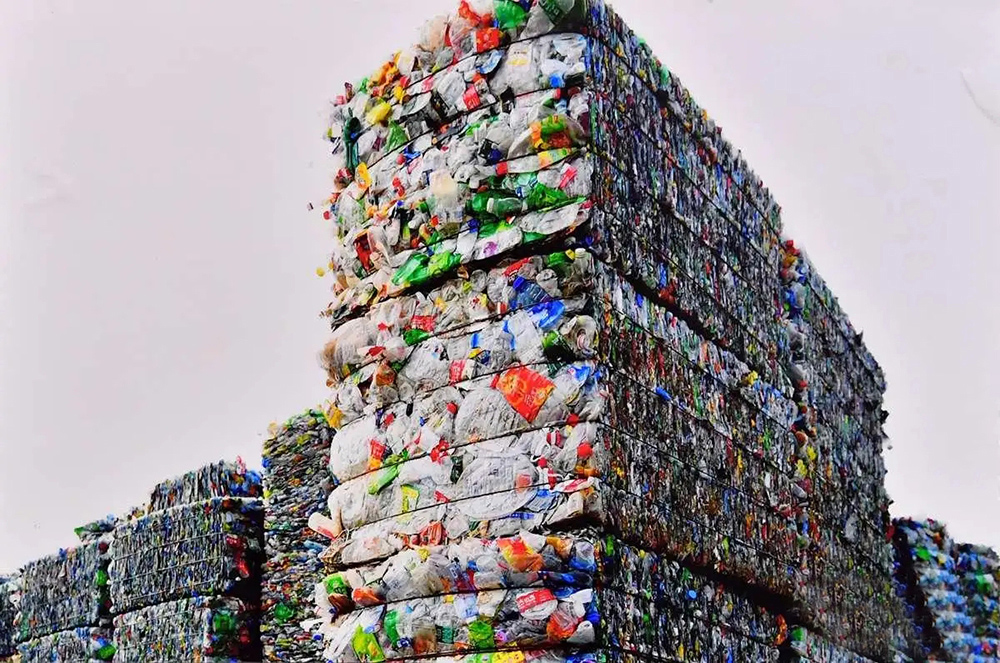The Lucrative and Eco-Friendly Future of PET Bottle Recycling
The recycling of PET (polyethylene terephthalate) bottles presents a compelling opportunity, offering both significant financial returns and substantial environmental benefits. While often overlooked, the sheer volume of discarded PET bottles represents a largely untapped resource with considerable potential. A small-scale plastic packing station, for example, can generate annual profits ranging from $400,000 to $500,000. This profitability stems from a combination of factors: readily available raw materials, low competition, and high profit margins at each stage of the recycling process.
The Environmental Imperative:
Recycling PET bottles is crucial for environmental sustainability. These bottles, a major source of plastic waste, persist in landfills for centuries. Recycling reduces landfill burden, conserves natural resources by decreasing the demand for virgin materials, and significantly lowers energy consumption. The energy saved from recycling a single bottle is enough to power a 60-watt lightbulb for approximately three hours.

The Business Opportunity:
The current landscape reveals a significant gap in the market. While scrap collection stations commonly handle other recyclables like cardboard and metal, plastic bottle recycling remains less prevalent. This is partly due to public unawareness of the recyclability of plastics, the inconvenience of collecting lightweight bottles, and the perceived low financial return. However, this lack of awareness translates into a significant opportunity for entrepreneurs.
Profitability and the Recycling Process:
The profitability of PET bottle recycling is driven by several key factors:
- Low Competition: The market for recycled PET bottles is relatively under-served, resulting in minimal competition.
- Abundant Supply: Discarded PET bottles are readily available in urban and rural areas, providing a consistent and easily accessible source of raw material.
- High Profit Margins: Each stage of the recycling process offers substantial profit margins. Scrap buying stations purchase bottles inexpensively (approximately $0.0035 per bottle), then sell them to baling stations at a much higher price. Baling stations further increase the value by processing and packaging the plastic before selling it to processing plants. These plants then transform the material into valuable products like plastic sheets (currently valued at approximately $1076 per ton). A diligent individual could easily earn $10,000 per month collecting bottles, while establishing a plastic baling station offers even greater earning potential.
The recycling process typically involves several key players:
- Individual Collectors: Gather discarded bottles.
- Scrap Buying Stations: Purchase collected bottles. A ton (approximately 50,000 bottles) costs $200-$250 to acquire.
- Plastic Baling Stations: Purchase processed plastic for $430-$460 per ton and sell it to processing plants for $770 per ton, yielding a profit of approximately $310 per ton.
- Plastic Processing Plants: Transform the baled plastic into usable materials.
PET Bottle Recycling Solutions
Companies like Aceretech provide fully automated turnkey systems for efficient PET bottle recycling. These systems efficiently process used PET bottles into clean PET sheets, which are highly sought after by manufacturers of polyester fibers and other PET products. This streamlined process supports the recycling industry by transforming waste into valuable resources, thereby promoting a sustainable business model.
The ACS series from Aceretech is specifically designed to recycle PET bottle flakes, BOPET films, and polyester filaments into high-quality PET pellets. This line features a compactor with unique crystallization and drying capabilities, a gentle melt process in the single-screw extruder, a robust vacuum degassing system, and an advanced fully automatic strand pelletizer that eliminates the need for manual adjustments. The system also includes a pellet drying setup, ensuring the production of dry, market-ready pellets with a throughput of up to 1 ton per hour. This technological advancement streamlines the recycling process, transforming waste into valuable resources and promoting a sustainable business model.
Recycling PET bottles offers two significant advantages: it creates a lucrative business opportunity and makes a meaningful contribution to environmental sustainability. With abundant resources, low competition, high-profit margins, and increasingly advanced recycling technologies, this industry is poised for substantial growth. This expansion will be driven by both financial incentives and the growing global demand for eco-friendly practices.
If you need any assistance with PET bottle recycling machine, please feel free to contact the Aceretech service team directly. We will do our best to provide you with the best solution!